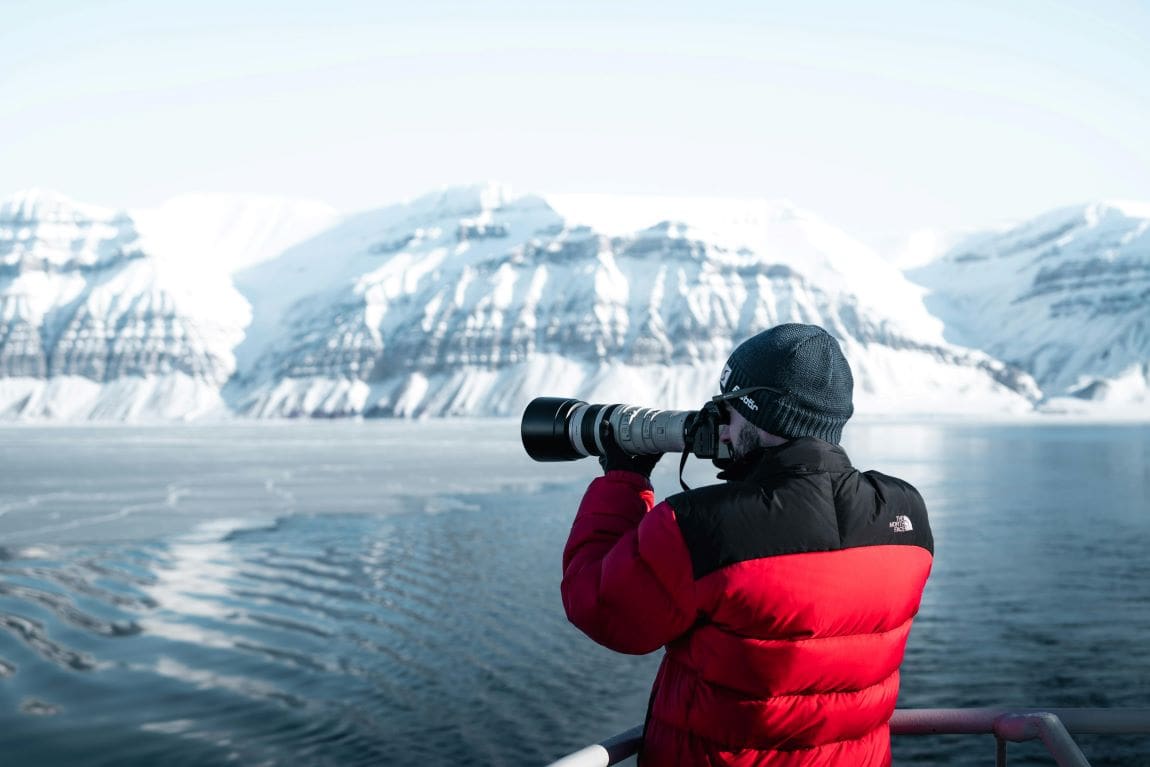As the world grapples with the accelerating impacts of climate change, the United Nations has announced a bold new initiative aimed at combating disinformation that hinders urgent climate action.
The Global Initiative for Information Integrity on Climate Change was announced at the G20 Leaders’ Summit in Brazil, reflecting a collaborative effort between the UN, UNESCO, and the Brazilian government to tackle a growing threat to climate progress.
UN Secretary-General António Guterres, addressing the summit’s session on Sustainable Development and Energy Transition, emphasized the urgent need to counter deliberate disinformation campaigns. These campaigns, he stated, are obstructing international efforts to mitigate climate change.
“We must fight the coordinated disinformation campaigns impeding global progress on climate change, ranging from outright denial to greenwashing to harassment of climate scientists,” he said.
The initiative, he added, will “work with researchers and partners to strengthen action against climate disinformation,” highlighting the role of misinformation in delaying critical climate responses.
Supporting journalists and researchers
UNESCO Director-General Audrey Azoulay underscored the initiative’s importance, noting that misinformation undermines society’s ability to confront the climate crisis effectively. Speaking at the launch, she described the critical role of journalists as intermediaries between science and the public.
“Without access to reliable information about this existential challenge, we can never hope to overcome it,” Azoulay said. She added that the initiative will protect journalists and researchers working under difficult and often dangerous circumstances while addressing the disinformation rampant on social media.
To support this mission, a UNESCO-administered fund will provide $10 to $15 million in grants over the next three years to non-governmental organizations. These grants will focus on expanding research, developing communication strategies, and launching public awareness campaigns to counter climate disinformation.
So far Chile, Denmark, France, Morocco, the United Kingdom, and Sweden, have pledged contributions to the initiative.
A growing threat to climate action
The urgency of the initiative reflects the rapidly evolving challenge of climate-related disinformation. Social media platforms, messaging apps, and emerging generative AI technologies have become conduits for spreading false narratives that undermine scientific consensus and mislead public understanding of climate risks.
The Intergovernmental Panel on Climate Change (IPCC) has previously highlighted the damaging effects of such campaigns. In a 2022 report, the IPCC stated that “deliberate undermining of science” has fueled misperceptions of consensus, eroded trust in research, and delayed effective climate action.
Brazilian President Luiz Inácio Lula da Silva, hosting the summit, stressed the global nature of the problem. “Actions to combat climate change are also greatly affected by denialism and disinformation. Countries cannot tackle this problem individually,” he said, urging international collaboration.
The initiative is seen as a critical step toward addressing these challenges, particularly as preparations intensify for COP30, scheduled to take place in Brazil.
The Global Initiative for Information Integrity on Climate Change builds on commitments made in the Global Digital Compact, adopted by UN Member States in September. This Compact calls on governments and international organizations to assess and address the impacts of misinformation and disinformation on achieving the Sustainable Development Goals.
By uniting countries, organizations, and research networks, the initiative seeks to create a framework for countering climate disinformation comprehensively. Its scope includes promoting transparency, fostering public trust in scientific findings, and ensuring that evidence-based information guides global climate policy.
This effort, stakeholders believe, is vital to overcoming the barriers posed by false narratives and ensuring timely, effective responses to the climate crisis. As Guterres warned, “Time is running out.”
Article Source:
Press Release/Material by UN
Featured image: Climate journalism plays a vital role in addressing one of the most urgent challenges of our era. Credit: Tomáš Malík | Pexels




